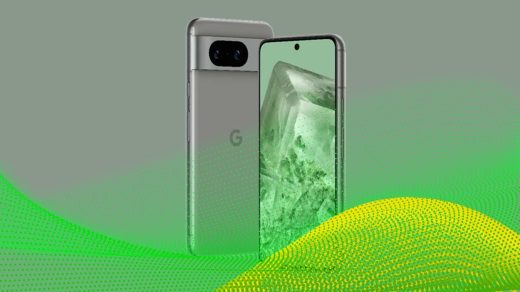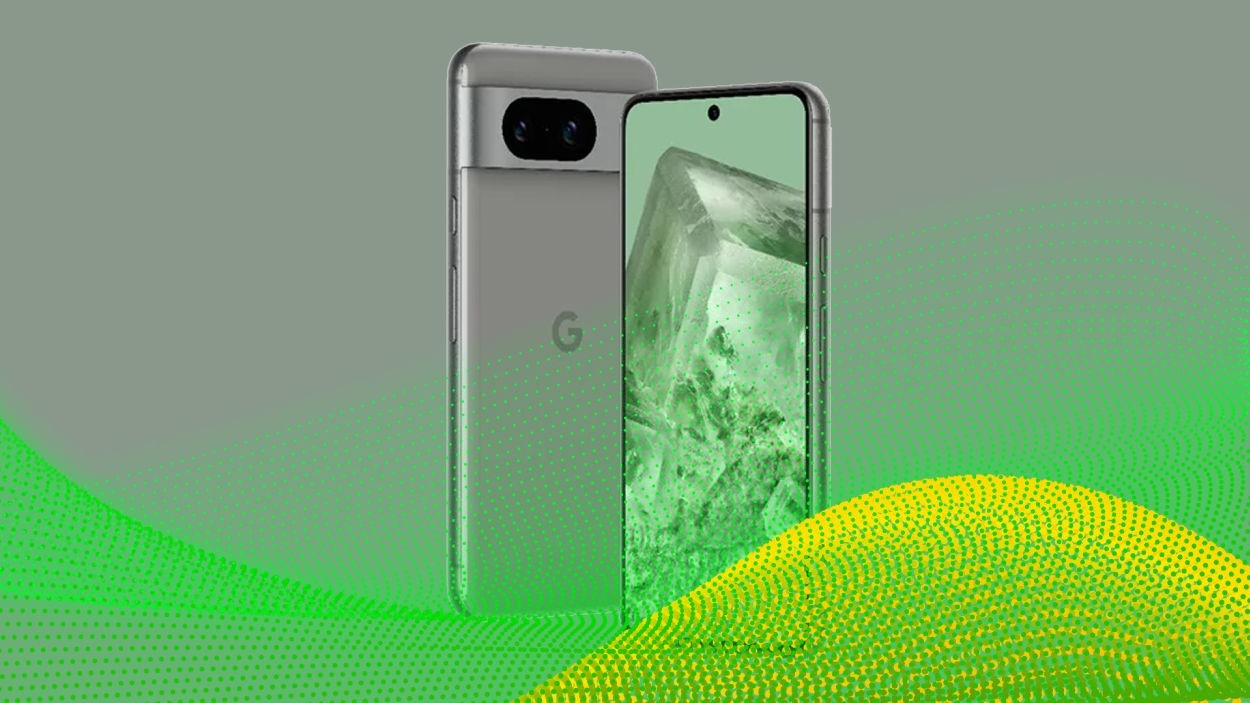Gemini-powered Google phones may make Siri even more of an Achilles’ heel for the iPhone
Google announced on Wednesday a new large language model called Gemini, which has the power of “sight” and “hearing” as well as new learning and reasoning capabilities. What’s more, the company has built a version of the new model to run inside the Android operating system on its Pixel 8 Pro phone. By bringing generative AI to the smartphone, Google is going after its competitor Apple’s main business, and Apple has shown little sign that it’ll be able to do something similar with iOS and Siri next year.
There are lots of caveats in the Google announcements. While Google has integrated Gemini with the Android OS on the Pixel 8 Pro (with other Android phones joining the fun next year), it’s not yet put the full power of its newest generative AI model inside its phone’s AI assistant, Google Assistant (a rival of Apple’s Siri). Sissie Hsiao, Google’s VP/GM of Bard and Assistant, said at a press briefing this week that her company is now in “early testing” of that marriage.
For the time being, Gemini is enabling only a couple of new AI features in Android phones. One feature lets users get a summary of the content of recordings they make with Android’s Recorder app, even when the phone isn’t connected to a network. Google also says it’s used the Gemini AI to expand the auto-generated responses in its Android native keyboard, Gboard.
But those features don’t sound much different from what Apple has already announced in its latest iOS release. In iOS 17, users can watch as a caller leaves a voicemail in real time, so they can see what the person is calling about and then decide whether to interrupt the caller’s message and accept the call. Apple has also used AI to expand the predictive text recommendations in the iPhone keyboard.
Clearly Google hasn’t yet stolen the AI show, nor is the company anywhere close to offering the Android equivalent of the sweet-talking AI assistant from the movie Her. But with the Gemini-Android integrations, the company seems to have laid the groundwork needed to move in that direction. The Pixel 8 Pro phone, for example, uses a framework called AICore to unite Gemini with the core Android OS. And it uses a special chip to run the Gemini Nano model on the device, not on some server in the cloud. This allows for the use of the model with no network connection, and lets the user feel secure that their personal data never leaves the safety of their device. (Yes, these are themes Apple has been talking about for years.)
Could Google threaten Apple’s market share with a demonstrably better AI phone assistant? It all depends on the execution. If it continues sprinting to launch a string of thoughtful and useful new AI features in Android phones, the broader tech landscape could get interesting. But most importantly, Google needs to get its Gemini-powered version of Bard out of the lab and into its phones. Apple may not be able to offer a comparable set of AI features in iOS/Siri, which it will announce next spring and deliver to iPhones in the fall.
In other words, speed is of the essence.
(27)



